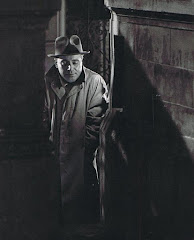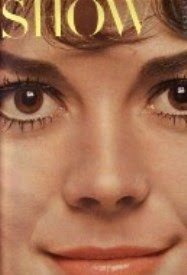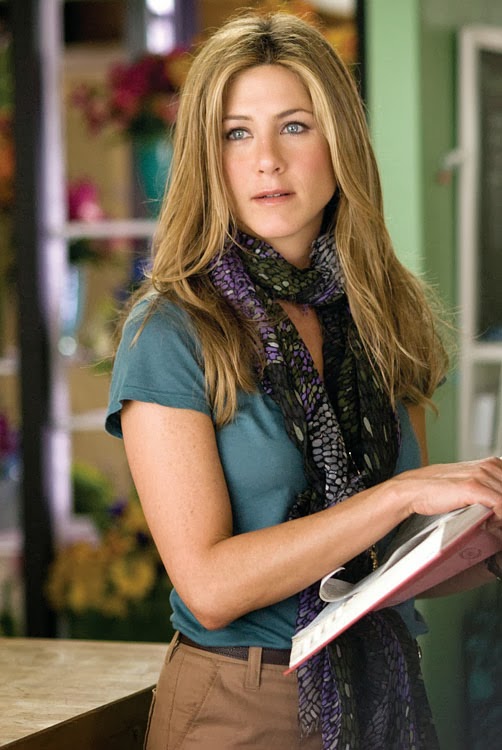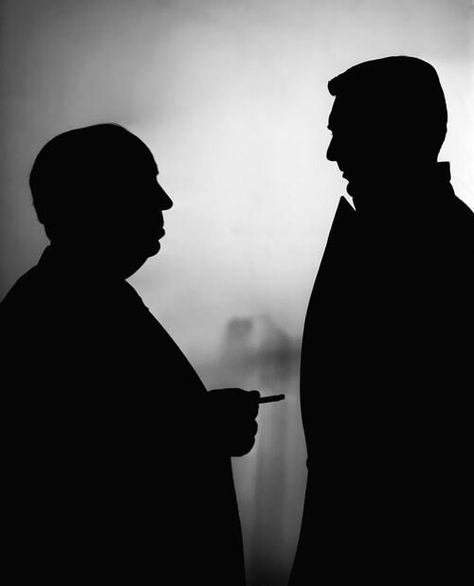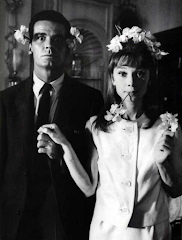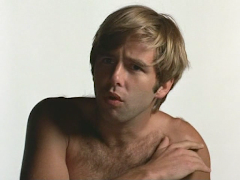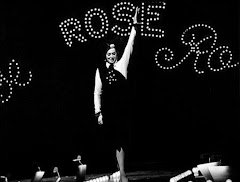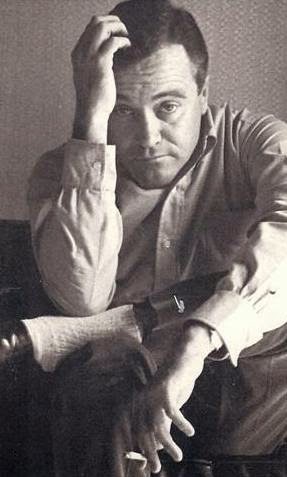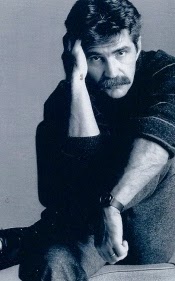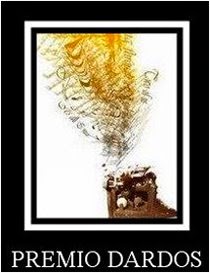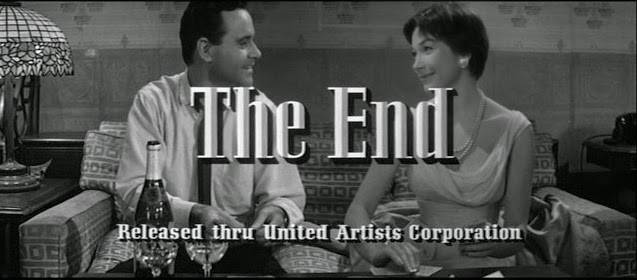 Belatedly, but gratefully, I come to Disney/Pixar's remarkable "Toy Story 3," arguably one of the most original prison-escape movies ever made. The prison in question is the jarring day-care center where Andy's toys - including sassy cowgirl Jessie (that's her above) - are sent because Andy is grown and soon off college and his toys have become, well, obsolete.
Belatedly, but gratefully, I come to Disney/Pixar's remarkable "Toy Story 3," arguably one of the most original prison-escape movies ever made. The prison in question is the jarring day-care center where Andy's toys - including sassy cowgirl Jessie (that's her above) - are sent because Andy is grown and soon off college and his toys have become, well, obsolete.The head toy there is an embittered old stuffed bear who sadistically puts the new arrivals in the line of fire of a bunch of stampeding brats.
Smoothly directed by Lee Unkrich, it's all alternately affecting, hilarious and heartbreaking, and among the new editions to its cast is a Ken doll who is worthy of/sleazy enough for a spot on ABC's "The Bachelor."
 Lisa Cholodenko's "The Kids Are All Right" is a bright alt sitcom that benefits considerably from another thorough performance from Annette Bening and a playful one from Julianne Moore, the two (that's them above) playing lesbian partners/mothers whose world is turned upside down by the arrival their respective kids' same sperm-donor dad.
Lisa Cholodenko's "The Kids Are All Right" is a bright alt sitcom that benefits considerably from another thorough performance from Annette Bening and a playful one from Julianne Moore, the two (that's them above) playing lesbian partners/mothers whose world is turned upside down by the arrival their respective kids' same sperm-donor dad.The only problem with the film is not Mark Ruffalo's usual non-actor performance, but a conventional twist in the narrative which has Ruffalo bedding Moore and Bening discovering the betrayal in a way that would be dated even on a daytime soap opera. I'm not spoiling anything here; Cholodenko sets up Moore's interest in hetero sex early on by having the two women use gay male porno films to jumpstart their own sex lives. It's an unfortunate tonal shift that mars an otherwise smart comedy.










